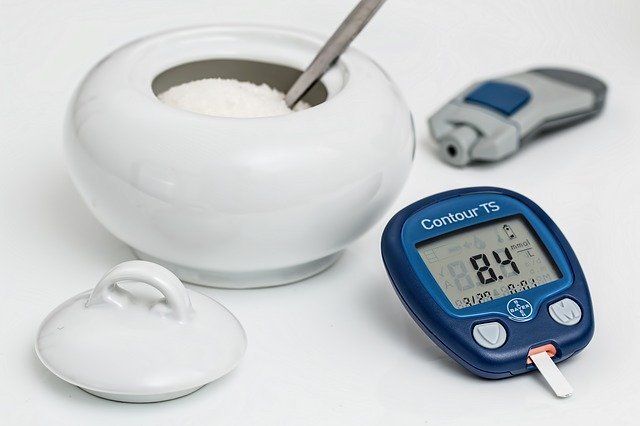
Glucocorticoids (GCs) are one of the most commonly prescribed anti-inflammatories for conditions such as arthritis, asthma, allergies, and adrenal insufficiency.
GC treatment at high doses for a long duration is known to be linked to metabolic side-effects that may increase the risk of diabetes and obesity.
But there are currently no studies examining the short-term effects of GCs at the more regularly prescribed, lower doses.
In a recent study from the University of Oxford and elsewhere, researchers found that GCs may increase the risk of diabetes after just one week of treatment.
Healthy men who were given doses of the drug had changes in markers of blood sugar metabolism linked to an increased risk of developing diabetes.
The findings highlight the potential long-term health implications for people regularly taking these drugs and medical professionals may need to consider and monitor the potential side-effects, to avoid future debilitating conditions.
The study was presented at The Society for Endocrinology Annual Conference. One author is Dr. Riccardo Pofi.
In the study, the team measured markers of metabolism in healthy men given commonly prescribed doses (10 and 15mg) of GCs (prednisolone) after just one week of treatment.
Although commonly checked clinical and biochemical parameters such as fasting blood sugar levels, weight and general health were unaffected, changes in metabolic markers indicated that their blood sugar regulation was impaired.
This is the first study examining the very short-term metabolic effects of commonly prescribed doses of glucocorticoids on healthy men.
The findings show that even at these lower doses, glucose metabolism is impaired, suggesting an increased risk of diabetes with continued treatment.
The team says these novel findings not only highlight the importance of determining the best GC dose that balances effectiveness with potentially negative metabolic effects, but also that medical professionals should be more aware of these risks and may need to monitor them in patients both on short and longer-term therapy.
Copyright © 2019 Knowridge Science Report. All rights reserved.



